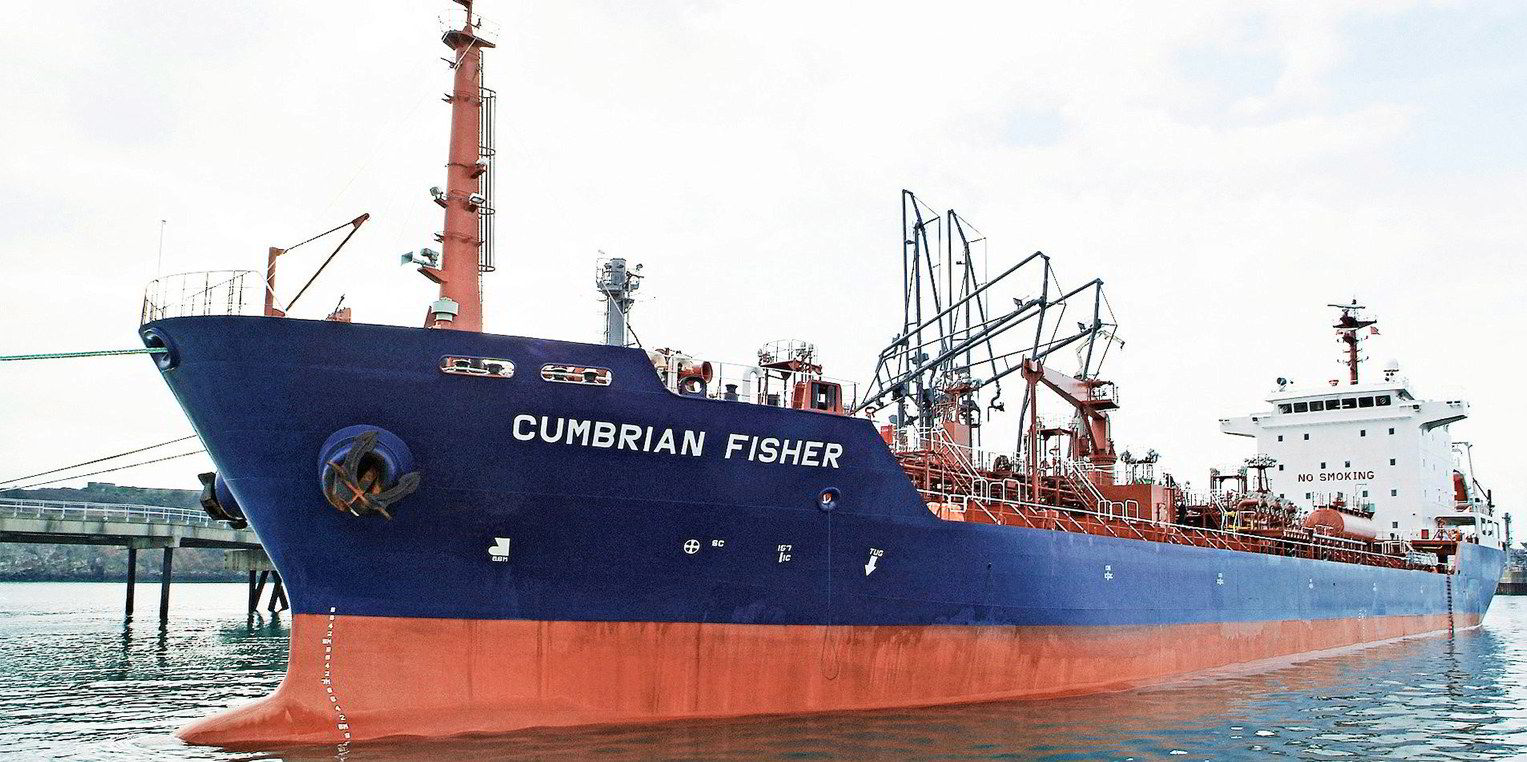Bunker suppliers will face tighter credit conditions amid the shipping industry’s pursuit of decarbonisation, KPI OceanConnect chief executive Soren Holl has forecast.
Experts believe new types of low-carbon fuels are required to meet the International Maritime Organization’s target to halve greenhouse gas emissions from shipping by 2050.
As those fuels are generally more expensive, some shipping executives — including AP Moller-Maersk chief executive Soren Skou — have called for a global carbon tax on conventional fuels to incentivise the switch.
In a high-price environment, Holl said marine fuel sellers would need to strengthen their ability to finance their operations.
“You need to have financial strength going forward if you want to be in this business,” he told TradeWinds.
“For instance, they talked about a carbon tax of $150 per tonne. Imagine if fuel prices increase [accordingly], who should finance that?
“That will naturally lead to a liquidity squeeze in the market.”
Industry challenge
Holl — his company a bunker trader owned by Danish fuels group Bunker Holding, which in turn is part of the Getting to Zero Coalition — stressed that a carbon tax could be an effective tool in reducing shipping emissions.
“The industry needs to challenge ourselves ... We welcome any initiatives,” he said. “If there is a tax proposed and that’s the right thing to do, we welcome that.”
But he suggested someone on the supply chain will need to “swallow” the increases in fuel costs first, even if they could be eventually passed on to end-consumers.
“It's a matter of who is actually able to finance that ... who is actually able to accommodate that, and work with that,” Holl said. “You need a solid, financially strong, healthy platform.”
To contribute to the fight against climate change, many lenders have required shipowners to reduce greenhouse gas emissions from their operations over time.
Holl expects the same to apply to the bunker industry — which would point to less liquidity available.
“We are not there yet, but I think it will be a natural part of discussions when you have to do refinancing,” he said. “They may not feel happy about the industry in terms of fossil fuels.
“There will be a shift. There is no doubt.”






